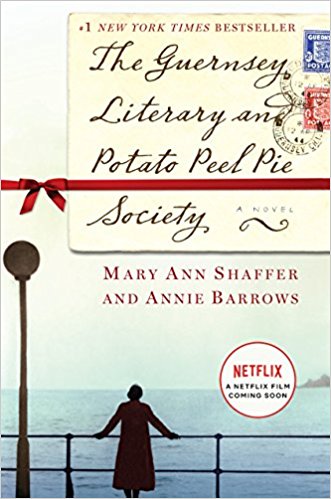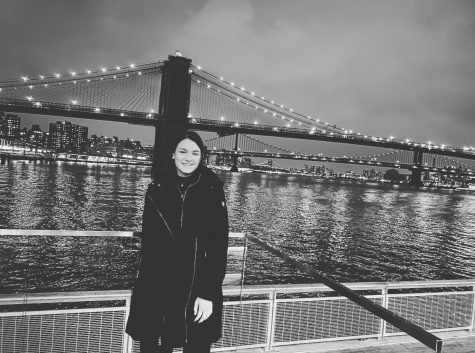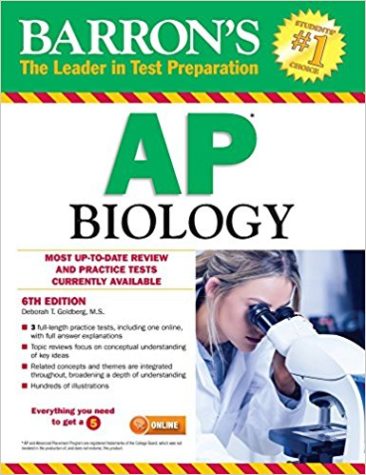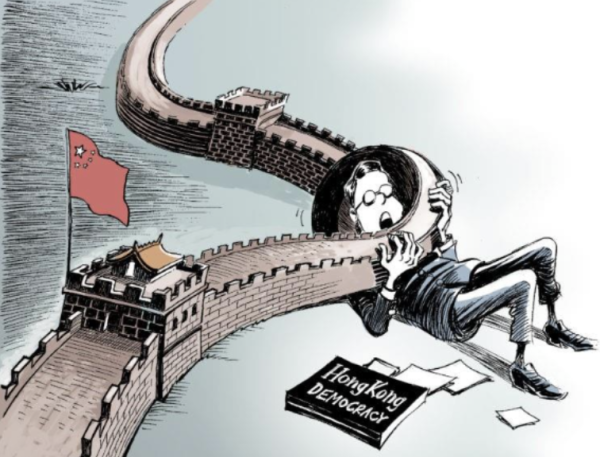World War II in the Lens of Literature: How Novels Fought Nazis
The world, the motive, the pain. It was June of 1940 when the British Channel Island of Guernsey first faced its confrontation with the enemy, the green-robed soldiers who marched through the meek town with both a sense of hostility and apprehension radiating from their eyes. German occupation had finally planted its flag.
It is through the profound, historical novel The Guernsey Literary and Potato Peel Pie Society written by Annie Barrows and Mary Ann Shaffer where the recollections of World War II, beyond the accounts of its physical damage, but of a more untouched notion, the truth behind community are set on stage. Between the rubble and the turmoil lay a community of distinctly diverse individuals who were bound together by the reality of yet one commonality, war.
To dimensionalize this piece of history, The Guernsey Literary and Potato Peel Pie Society tells the story of how one book by the classic writer Charles Lamb brought together a group of Guernsey natives and a young writer of London all baring suffering from World War II. In addition to this touching yet meaningful gathering by the means of one book, the novel transformed into an innocent, yet powerful tool against the Nazis. The remarkable work of Barrows and Shaffer captures not just the bonding of a community of readers, but also the power literature possesses in radically releasing one’s grievances.
Through its unique form, this historical novel offers a series of letters spoken to and from Juliet Ashton, the fictionalized London-based writer of the story, who’s copy of Essay of Elia by Charles Lamb fell into the hands of a Guernsey victim of the German occupation. Through a sequence of compelling circumstances, and a yearning desire to hear the truth behind victims shaken by the same war which disheveled her own life, 32-year-old Juliet Ashton embarks on a journey to the Channel Island. What comes within Ashton’s prolonged expedition irreversibly alters her life, drilling the reality behind the war, loyalty, fortitude, and love into her now irrevocable enlightened mind.
As you turn through the gripping pages of the letters of this novel, readers involuntarily recognize the force of nature behind books that served as a damaging yet non-damaging weapon against the Nazis. The Guernsey Literary and Potato Peel Pie Society undoubtedly illustrates the ability books played in bringing forth a sense of wholeness and belonging to a set of broken people and stands as a message unforgettable to individuals who were first subjected by this war and to youth today. A definite must read.
The Guernsey Literary and Potato Peel Pie Society is a fictional book that reflects upon true events of German Occupation of the British Channel Island of Guernsey.
Image source: 51YOkLTmvZL._SX329_BO1,204,203,200_.jpg












